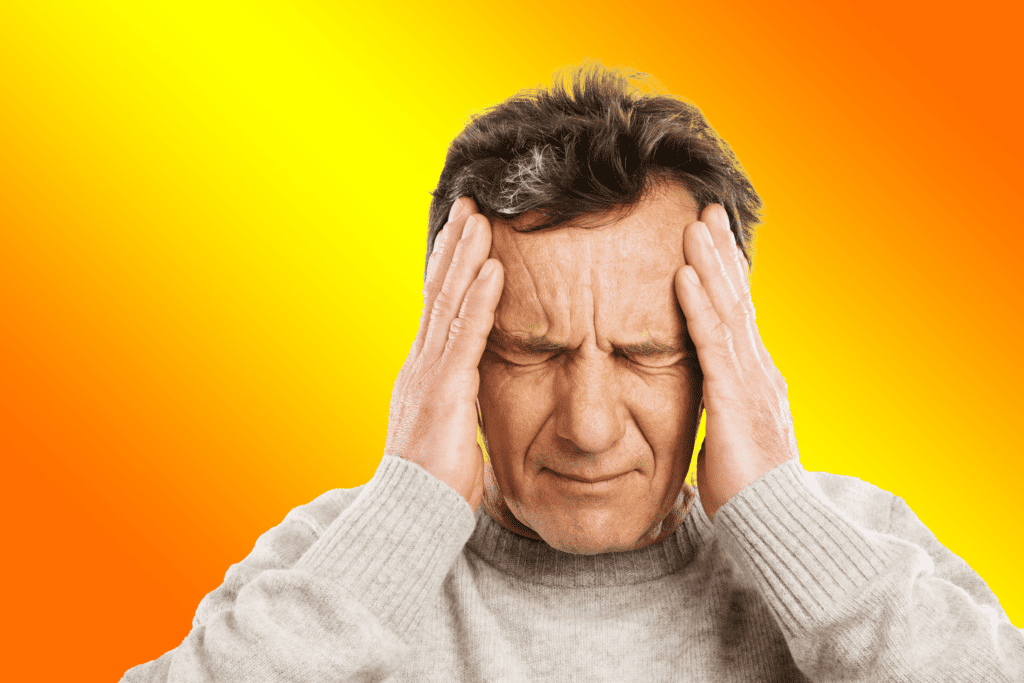Your doctor doesn’t warn you about the side effects, but we will.

Your physician prescribes statins – Lipitor, Lescol, Crestor, Zocor, or another brand or its generic form – to lower your total cholesterol and thus your risk of a heart attack or stroke.
Often, he or she will remind you of the need for annual blood tests to determine any effect the drug is having on your liver. That’s because the statins block a substance your liver needs to make cholesterol, thus causing your liver to remove cholesterol from your blood.
What the doctor rarely takes the time to say is that there are side effects, some serious, to taking statins. Here are a few, courtesy of the Mayo Clinic:
- Muscle pain: a soreness, tiredness or weakness in your muscles. It can be a mild discomfort, or it can be severe enough to make your daily activities difficult. Very rarely, statins can cause life-threatening muscle damage called rhabdomyolysis (rab-doe-my-OL-ih-sis).
- Liver inflammation: Occasionally, statin use could cause an increase in the level of enzymes that signal liver inflammation. If the increase is only mild, you can continue to take the drug. If the increase is severe, you may need to try a different statin. Although liver problems are rare, your doctor may order a liver enzyme test before or shortly after you begin to take a statin. Contact your doctor immediately if you have unusual fatigue or weakness, loss of appetite, pain in your upper abdomen, dark-colored urine, or yellowing of your skin or eyes.
- Increased blood sugar: your blood sugar (blood glucose) level may increase when you take a statin, which could lead to developing type 2 diabetes. The risk is small but important enough that the Food and Drug Administration (FDA) has issued a warning on statin labels regarding blood glucose levels and diabetes.
- Memory loss or confusion: though there is limited evidence to prove a cause/effect, these side effects reverse once you stop taking the medication.
By way of contrast, Cholesterade© is made from Soluble Acacia fiber, which tests have shown can reduce the absorption of cholesterol into your bloodstream. So why not try a holistic, natural, non-drug approach to cholesterol control?
Next: Who’s at risk of developing statin side effects?

